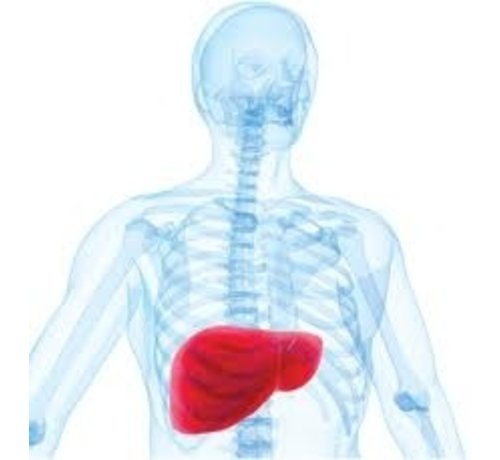Hepatitis C infection?
A test to determine hepatitis C infection.
anti-HCV (Hepatitis C al.)
For those infectious diseases that require mandatory reporting, we are required to report a positive result to your local GGD (more information).
Hepatitis C is a viral inflammation of the liver. This form of hepatitis was only discovered in the late 1980s. Many people are infected with the hepatitis C virus without knowing it! A hepatitis C infection is usually symptomless in the beginning. In the majority of cases (70%) the infection progresses unnoticed to a chronic form. About 20-30% of people with the chronic form develop liver damage (scar tissue) and of these, about 2-5% develop liver cancer per year. Some people do not develop symptoms until 20 or 30 years after infection, when the liver has already been damaged. It is estimated that about 15,000 to 60,000 people in the Netherlands are infected with the virus. The virus is fairly treatable, but damage to the liver is not. Therefore, it is important to detect and treat the infection in time. In this case, about 50-80% of patients get rid of the virus permanently.
Hepatitis C is less contagious than hepatitis A and B. Blood contact is required for infection.
Risk factors include:
- The administration of blood (products). It was not until the end of 1991 that a reliable blood test became available and all donor blood in the Netherlands was tested for hepatitis C.
- Use of drugs by injection.
- Sharing spray props such as cotton balls, needles, water, etc. can transmit the virus.
- Blood transfusions, surgeries, tattoos/piercings, ritual and other invasive procedures where unsafe donor blood is used or non-sterile work is performed.
Hepatitis C antibodies are detectable about 2 months after infection. However, a hepatitis C infection can be detected at an earlier stage by means of an HCV-PCR test (antigen test). Suitable material for this is EDTA blood.
Notification requirement
If the result is positive, this search test will be automatically re-tested. If the results are also positive, then by ordering this test you give permission to report the infection to your local GGD (more information).
Hepatitis C has been a notifiable disease group B2 since 1 April 1999. Between October 1, 2003 and January 1, 2019, mandatory reporting only applied to recently acquired HCV infection. As of January 1, 2019, mandatory reporting for chronicHCV has been reinstated due to improved treatment options.
All people with a proven HCV infection in the Netherlands are reported within 24 hours by the treating doctor and the laboratory to the localGGD. In accordance with the Public Health Act, theGGD then reports anonymously within one week to theRIVM and supplies data for the national surveillance of notifiable diseases.




